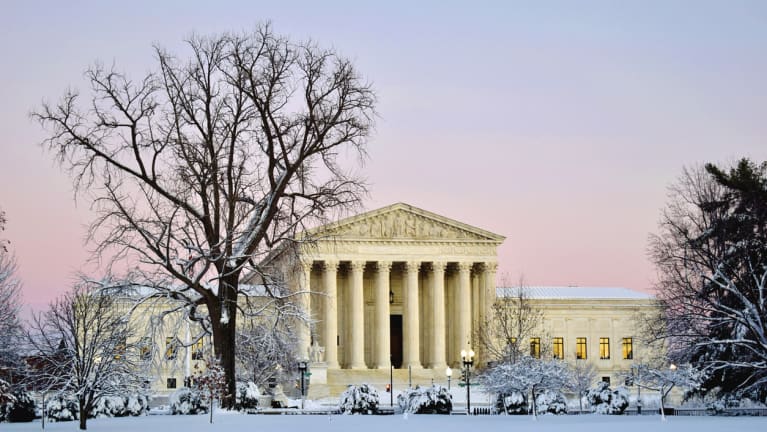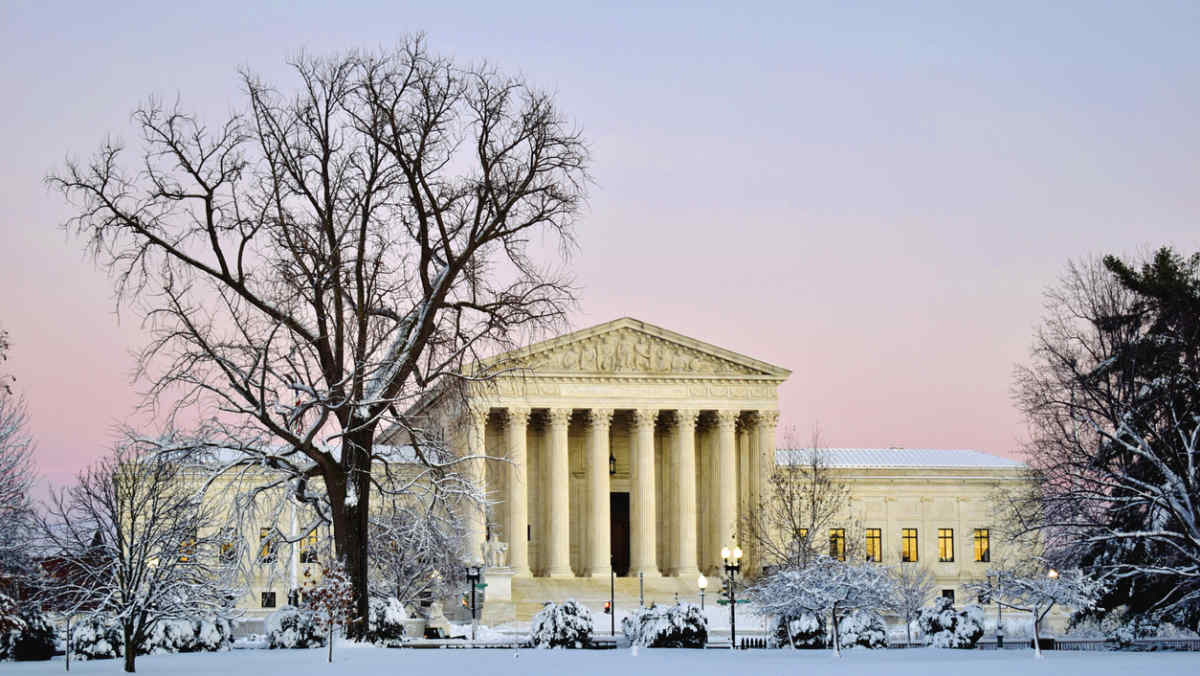

A case that will determine whether National Guard technicians can keep their union rights.
Religious Accommodations
On April 18, the court will hear oral arguments in a lawsuit over when employers can deny a religious accommodation request because it would cause an undue hardship. A Christian postal worker sued the U.S. Postal Service for failing to accommodate his religious practice of observing Sunday Sabbath.
Legal precedent from a case called Trans World Airlines, Inc. v. Hardison holds that employers can prove an undue hardship when a religious accommodation would cause the employer to incur more than a de minimis cost. Courts have debated whether that standard should be heightened to significant cost, similar to the standard under the Americans with Disabilities Act (ADA).
“There are justices who are interested in revisiting the Hardison ruling,” Samuels said. “It’s really important to balance religious liberty and other civil rights in the workplace. I think the Hardison standard has actually done a pretty good job of that over time. The courts that accept just a single employee’s disgruntlement as undue hardship are misreading the Hardison standard, which does require that an employer show that there is some identifiable burden.”
The court has asked whether harm to other employees should be part of the calculus determining whether an accommodation would cause an undue burden, Samuels pointed out. “That’s something the Supreme Court is going to be addressing,” she said.
Beachboard predicted the court will rule in favor of the postal worker, finding that his religious accommodation request was not an undue hardship. “The court has been focused on cases involving religious liberties,” he said. “They’ve been ruling in favor of plaintiffs in these religious liberties cases, especially the conservative justices. The standard [for undue hardship] will change, and it will be something closer to the ADA standard in the future. This is going to create some significant challenges and new legal risks” for employers.
Affirmative Action
Looking toward the two affirmative action cases, Samuels said, “We will, of course, be reading it with an eye toward what its impact will be on diversity, equity and inclusion (DE&I) initiatives that employers have been undertaking. I am really committed to partnering with employers to ensure they can continue to do this critical DE&I work to the maximum extent permitted by the law.”
She said she believes many types of DE&I efforts “will continue to be lawful, even in the wake of whatever the Supreme Court says.”
Longstanding precedent holds that colleges can consider the race of applicants, as long as it is just one of many factors in admissions decisions. However, the Supreme Court recently has overturned longstanding precedent, such as in the Dobbs decision on abortion.
The court’s ruling on affirmative action is “just going to have a huge impact, and we all have to keep our eyes on that,” SHRM General Counsel Jim Banks said at the conference.

